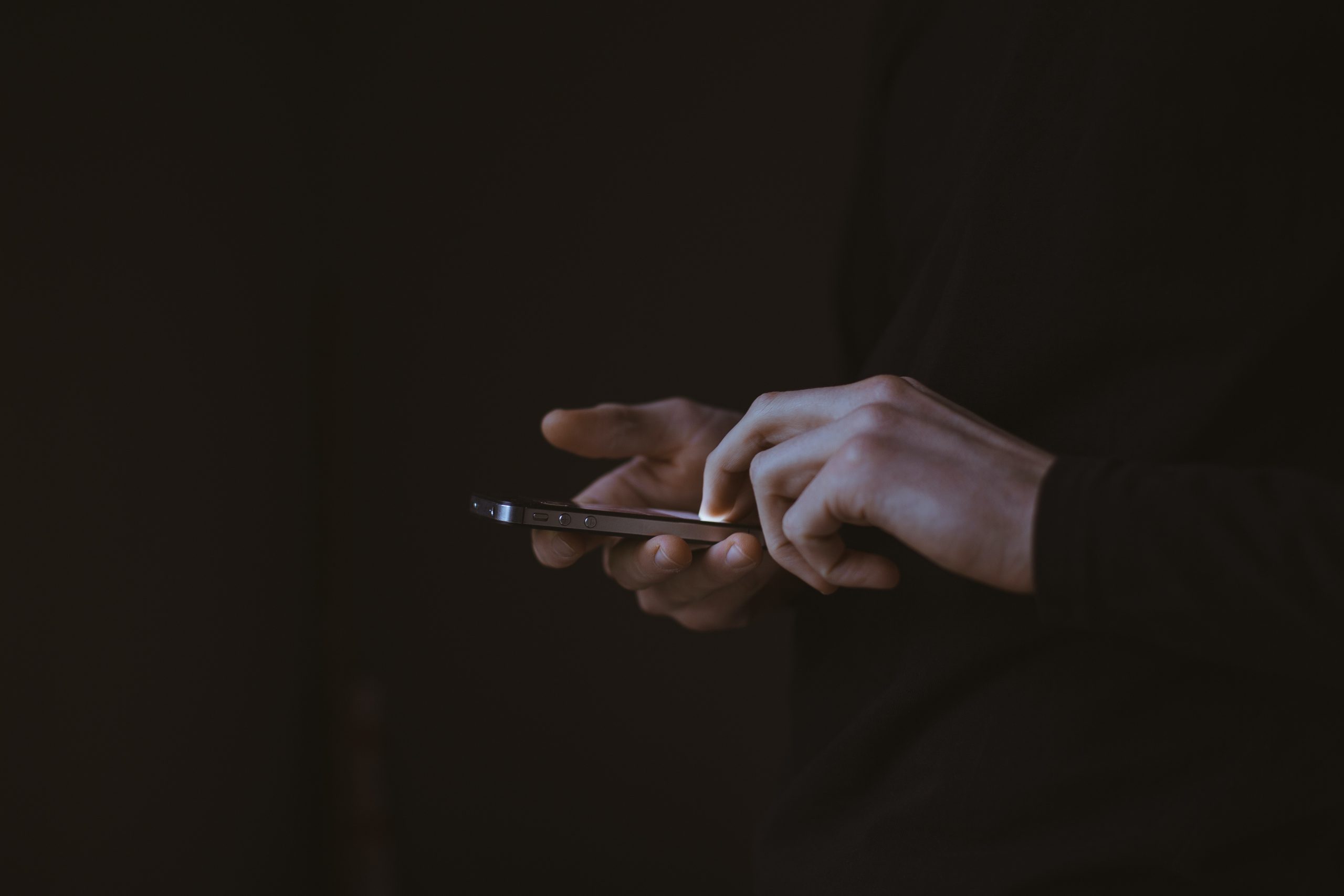Every phone call you make will be carefully documented, including the person you are speaking with and the conversation’s time, place, and duration.
Let’s go one step further: they are monitoring your calls., those of the people you talk to, and even those they speak to. For millions of Americans using AT&T’s phone network, this isn’t science fiction; it’s reality.
A covert surveillance initiative known as Data Analytical Services (DAS), formerly Hemisphere, has been quietly amassing and analyzing over a trillion domestic phone records within the US annually.
In collaboration with federal, state, and local law enforcement agencies, AT&T operates this program mainly under the radar.
DAS utilizes chain analysis, which doesn’t just target direct contact with criminal suspects but anyone within their communication network.
This means innocent individuals without ties to illegal activities could find their phone records under scrutiny.
This program grants law enforcement agencies access to call records relying on AT&T’s vast infrastructure, spanning a significant portion of the country.
The papers encompass phone numbers, dates, times, durations, locations, and even subscriber names and addresses.
The DAS program’s existence raises grave concerns about millions of Americans’ privacy and civil liberties.
Operating without judicial oversight or public accountability, it infringes upon the Fourth Amendment, which safeguards against unreasonable searches and seizures.
Furthermore, it contradicts the principles of the USA Freedom Act, enacted in 2015 to reform bulk phone records collection by the NSA.
The Enigmatic DAS Program

Despite its extensive reach, the DAS program has remained in the shadows. Reports suggest it has been operating for over a decade, with funding exceeding $6 million from the White House.
The program’s budget has seen its share of political fluctuations. It was suspended by President Barack Obama in 2013 following exposure by The New York Times, only to be reinstated by President Donald Trump in 2017, arrested again in 2021, and eventually resumed under President Biden in the same year.
Challenged by lawmakers, activists, lawsuits, and public records requests, the DAS program has managed to elude exposure, often claiming that the phone records fall under AT&T’s ownership, not the government’s, and therefore are protected by trade secrets and law enforcement privileges.
To shield oneself from the prying eyes of the DAS program, some options include using encryption, exploring alternative communication methods, and employing privacy tools and practices.
End-to-end encryption apps like Signal, WhatsApp, or Telegram can safeguard call content but won’t protect call metadata. Opting for communication methods independent of AT&T’s network or using privacy tools such as VPNs can also add a layer of protection.


Comments are closed.